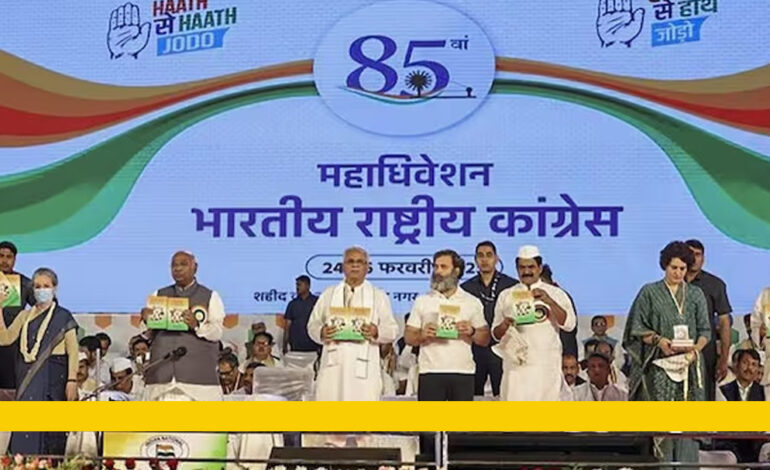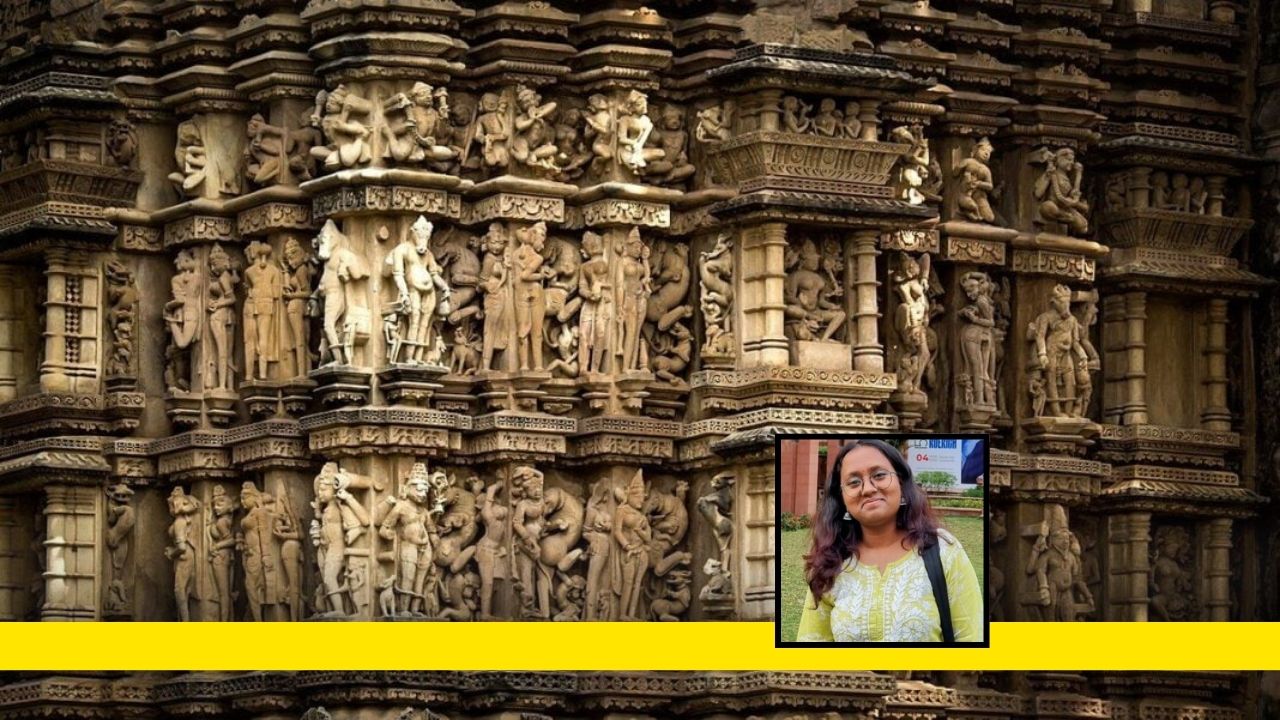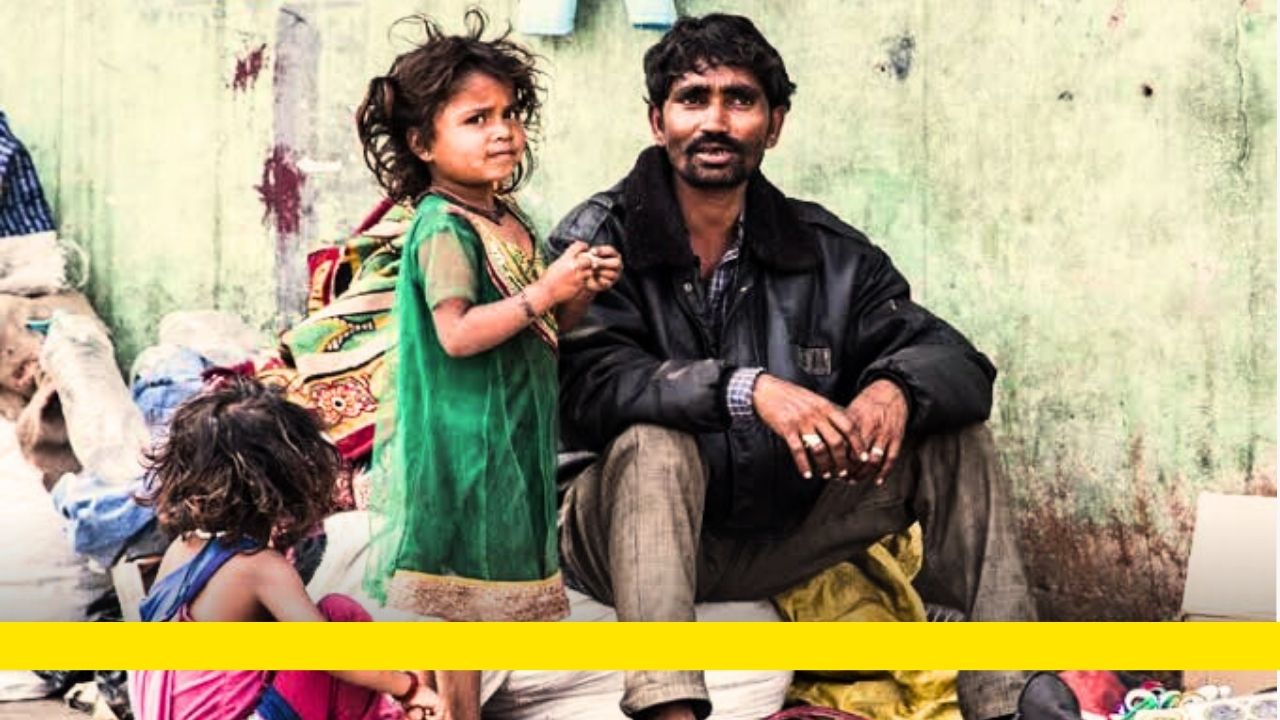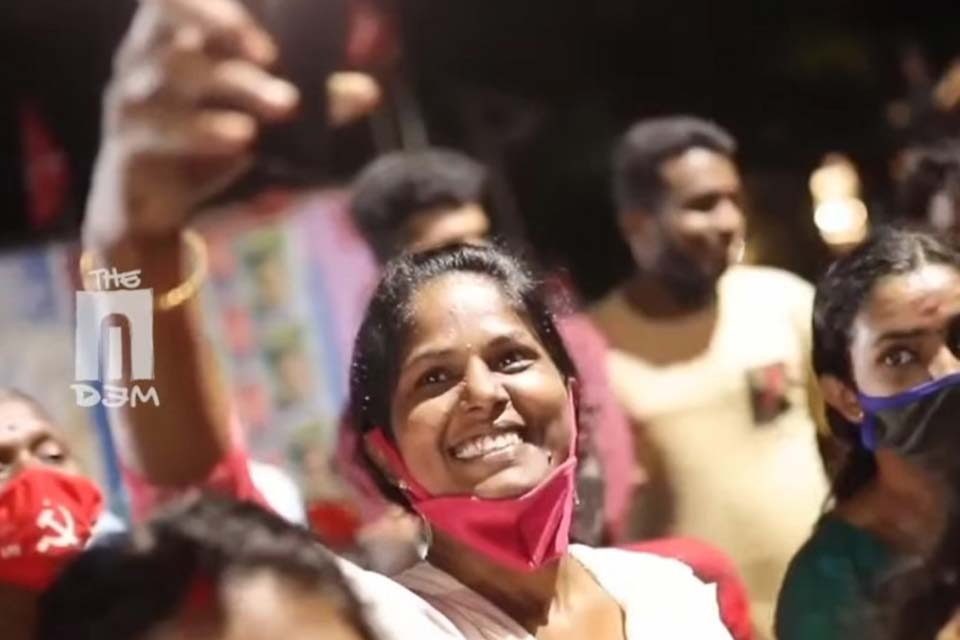
The Indian National Congress has made a significant shift in its ideology by amending its constitution seeking to provide 50 percent reservation for weaker sections. This marks a departure from its past as, historically, it did not support the cause of the Other Backward Classes (OBCs) and instead relied on its vote base of advanced castes, Dalits, and the minorities. The change in political dynamics over the years, and the consequent erosion of its traditional vote bank, has led to this shift. The Congress adopting the traditional Dravidian principles such as federalism, opposition to imposition of Hindi, and reservation for OBCs, is a strategic move to align with marginalised communities, particularly those in the north. It is an attempt to rebuild its political base, and connect with the aspirations of OBCs who have largely voted for regional parties. However, this shift is not without its challenges, as the Congress’s history of neglecting the demands of OBCs can undermine its credibility. Therefore, the party needs to demonstrate its commitment to these principles through continued emphasis and concrete actions.
Social Justice: At its 85th plenary session in Raipur on February 26, the Congress made an important change in its constitution. It has guaranteed 50% reservation for SC-STs, OBCs, minorities, and women in the Congress Working Committee (CWC). It has also promised a dedicated Ministry for the empowerment of OBCs and reservation in the appointments of Judges in the higher judiciary. This is a significant shift from the party’s historical stance on social justice. Back in November 21, 1925, Periyar E. V. Ramasamy protested against the Congress’s refusal to accept his resolution for reserving posts in the party and legislature for non-Brahmins, and ultimately left the party along with 50 supporters. He had been advocating proportionate representation in Congress posts since he joined the party in 1919, but his efforts to convince the leadership were unsuccessful. Subsequently, he launched the Self-Respect Movement, which had a transformative impact on the socio-political history of Tamil Nadu. However, under the leadership of Mallikarjun Kharge, a Dalit leader with the full support of the Gandhis, the Congress has now passed this resolution.
Previously, the Congress believed that its vote base was made up of advanced castes, Dalits, and the minorities and, as a consequence, did not support the cause of the OBCs. However, owing to changing political dynamics and the erosion of support from these groups, adopting traditional Dravidian principles – such as providing reservation for OBCs – has become inevitable for the Congress.
State Autonomy and Federalism: On February 2, 2022 Rahul Gandhi delivered a 45-minute speech in the Lok Sabha, emphasising the importance of federalism and the States’ rights, a key Dravidian principle. He criticised the BJP government’s policy of centralising powers, stating that the diversity of India cannot be suppressed and that the country cannot be ruled from the Centre. Similarly, in 1962, CN Annadurai, the Dravida Munnetra Kazhagam’s founding leader and its first Chief Minister, gave a famous speech in the Lok Sabha advocating State autonomy and federalism. He also criticised the concentration of power in New Delhi and the interference of the Union government in States’ affairs. He argued for according more control to the States over their resources and development, and recognising the linguistic and cultural differences among the States. His speech was well-received by many members of Parliament. M. Karunanidhi, who succeeded Annadurai as Chief Minister, went on to establish the first state-level commission under the chairmanship of P. V. Rajamnnar in 1969 to study Union-State relations. Later, in 1974, he forwarded its recommendation, along with an Assembly resolution (1974) demanding State autonomy, to the Union Government requesting it “to effect immediate changes in the Constitution of India” in order “to establish a truly federal setup with full State autonomy”.
Opposition to Hindi: The Congress’ outlook on the language policy has also undergone a shift, particularly in the context of the BJP’s emphasis on Hindi. During a speech at a Bharat Jodo Yatra rally in Rajasthan’s Alwar, Rahul Gandhi said: “If you want to speak to people of the rest of the world, Hindi will not work, English will.” He criticised the BJP for preventing poor children from learning English (by insisting on Hindi). He accused BJP leaders of speaking out against English and and its teaching in schools, despite their own children attending English medium schools. Gandhi acknowledged the importance of mother tongue, including Hindi, but argued that in order to communicate with the rest of the world, English was necessary.
This shift proves that Periyar’s legacy lives on, as he was instrumental in launching a series of protests opposing compulsory Hindi in schools. C. Rajagopalachari issued an order on April 1, 1938, making Hindi compulsory in schools, during his tenure as the Chief Minister of the Madras Presidency. Protesting against this policy, Periyar raised the slogan “Tamil Nadu for Tamils” and was eventually jailed for two years. At the height of the anti-Hindi agitation thousands of people were jailed. Tragically, the agitators Thalamuthu and Natarajan were seriously injured in the police lathicharge and later died in jail owing to the harsh conditions inside. Rajaji, following the Congress’ decision to resign from the government as a mark of protest against the British government’s move to enter the Second World War in 1939. Ultimately, the government’s decision was withdrawn by Governor Erskine in February 1940.
Periyar opposed the imposition of Hindi for the same reason articulated by Rahul Gandhi in Alwar now. Periyar opposed Hindi as a medium of education and preferred English over that language. He believed that Hindi would not only stifle the progress and progressive ideas of Tamils, but also destroy their culture. Other Dravidian leaders such as Annadurai and Karunanidhi too fought against the Congress for trying to impose Hindi again, post-1947.
Today, M. K. Stalin, the Chief Minister of Tamil Nadu and the president of the DMK, continues to fight for all these causes. The difference is that the fight now is against the BJP. Dravidianism, which emerged from the south, has gained so much relevance at the national level that it has become an ideological tool in the fight against the BJP in the north.
Strategic Shift towards Dravidian Ideas: The Congress’ present shift is a strategic move aimed at aligning with marginalised communities, particularly the OBCs in the north. The party’s political base has been diminishing over time, and this is an effort to rebuild it. Sanjay Kumar’s (2013) study shows that, regardless of the BJP’s performance, it remains the preferred choice among Brahmins and other upper castes. In five consecutive Lok Sabha elections (since 1996), these groups heavily favouored the BJP, with the Congress trailing as a close second in winning over the upper caste voters. This trend continued in the 2014 and 2019 elections, resulting in a complete erosion of the Congress’ upper caste base.
The Congress’ move comes in the context of the growing discontent among these communities and the BJP’s efforts to appropriate B.R. Ambedkar and thus win Dalit votes. Although the BJP has been successful in gaining the support of the upper castes, in the post-Mandal period OBCs have effected a ‘silent revolution’ by voting largely for regional parties. Therefore, the Congress has nothing to lose by supporting the policy of reservation for OBCs and adopting the social justice theme that would connect with the OBC vote bank, which is the largest social segment in India.
Credibility Gap: However, it may not be easy for the Congress to reap the gains of its approach. Historically, the party has neglected the demands of OBCs due to the over-representation of the upper castes among its leaders. During the Constituent Assembly proceedings, the Congress avoided defining the OBCs, and its social policies led to numerous court verdicts against reservation for this segment in independent India. It took three years for the Congress government to establish the First Backward Classes Commission (with Kaka Kalelkar as Chairman) as mandated by Article 340. However, the Congress subsequently rejected the Commission’s recommendations on the grounds that caste-based reservation would disrupt India’s unity. It further argued that economic justice to be ushered in through planning would also take care of social justice. Despite demands for another commission to study the issue, the Congress refused to establish one.
The Second Commission led by B.P. Mandal, known as the Socially and Educationally Backward Classes Commission, was eventually established by the Janata Party Government. However, on returning to power, the Congress shelved the Commission’s report for another decade until the entry of V. P. Singh. When the V. P. Singh government, another non-Congress coalition government supported by regional parties such as DMK, the Telugu Desam Party, and the Asom Gana announced the implementation of the Mandal recommendations, the Congress joined forces with the BJP to topple the government. Such past actions have undermined its credibility vis-à-vis the policy of social justice.
In a way, the upper caste resistance to OBC reservation with the support of Congress and BJP, facilitated the mobilisation of OBCs in the north during the post-Mandal era. This led to the erosion of the Congress’s vote base and the emergence of more regional parties in the north.
It is in this context that the Congress may have to demonstrate its commitment to social justice through concrete actions and policies that benefit OBCs. Only by doing so can the party regain the trust and support of this crucial voting bloc.
The Congress’ emphasis on federalism, the State’s rights, and the importance of the English language against the BJP’s insistence on Hindi will go a long way in defending India’s democratic and federal values. By opposing the BJP’s centralising policies and emphasising India’s diversity, the Congress is trying to uphold federalism, one of the basic structures of the Constitution. Moreover, the Congress’ support for English education can be viewed as a progressive stance towards empowering the marginalised communities and recognizing the importance of regional languages as a counter to the BJP’s cry of one nation-one language.
The elevation of Dalit leader Mallikarjun Kharge as the party president indicates the party’s shift towards giving due representation to and empowering marginalised communities within the organisation. Nonetheless, Congress needs to demonstrate its commitment to this new direction before the general election of 2024 to regain the trust and support of the marginalised communities and challenge the BJP’s agenda.
References:
- Kumar, Sanjay (2013), “Shift Towards Regionalisation of Indian Politics” in Sudha Pai (ed.)
- Handbook of Politics in Indian States, Oxford University Press, New Delhi
Subscribe to our channels on YouTube & WhatsApp












Comprehensive write up. But we have to wait and see the congress move and the reactions from north India
Excellent Professor K.J
Wait and see
The Congress turn towards the marginalized is not new, but this time it should decisively keep it’s promises.
Excellent article deals with the need of the Congress and future politics social justice at all levels should ensure the progress and prosperity